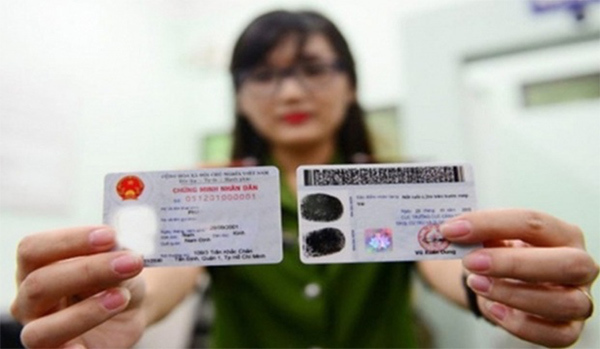
Asked about problems in providing consumer loans, a representative of a credit institution said it’s difficult to learn about the legitimate borrowing needs of people. Some people who have needs find it difficult to access loans because they cannot prove their solvency. Meanwhile, others provide inaccurate information which causes problems for credit appraisal, thus making it difficult for lenders to make decisions.
A report from the SBV (State Bank of Vietnam) Department of Credit for Economic Sectors pointed out that bottlenecks to access official lending sources force people to seek black credit.
Pham Thi Thanh Tung, Deputy Director of the department, said the information provided by clients is not clear enough, and there is no regulation about the clients’ responsibility of providing sufficient information.
It’s difficult to collect information about clients’ income from State management agencies. Clients have many different kinds of personal documents with different validity, and there are no standard data about population and customer identification. In addition, the data are not connected with the banking system.
Tung said it is difficult to appraise clients because of insufficient and inaccurate information. It’s worse because of Covid since clients find it difficult to prove their payment capability.
In order to kill black credit, the information sharing process needs to be better. If so, credit institutions will have enough information to make decisions on providing credit.
The digital transformation plan of the banking sector by 2025 with a vision towards 2030 sets a lot of goals. It’s expected that 50 percent of the decisions on loan disbursement by commercial banks and financial companies for small loans and personal consumer loans will be digitized by 2025. The figure will rise to 70 percent by 2030.
About 70 percent of documents are expected to be stored and handled in the digital environment by 2025 and 90 percent by 2030.
At a seminar on non-cash payment held in early November 2021, Pham Tien Dung, SBV Deputy Governor, made two proposals to accelerate digital transformation in the banking sector.
First, completion of standards for connecting with the national citizen database, allowing banks to exploit information from chip-based ID cards; and supporting the authentication and identification of customers with eKYC.
Second, amending the 2005 Law on Electronic Transactions to create a legal basis for ministries and branches to carry out digital transformation, promote facilitation of electronic transactions, and enhance trust in electronic transactions.
Mai Ha

Ministry of Public Security explains reasons for late delivery of chip-based ID cards
Major General Pham Cong Nguyen, Director of the Police Agency or Administrative Management of Social Order (C06), Ministry of Public Security explains why the delivery of the chip-based ID cards is behind schedule.

HCMC issues chip-based ID cards from 6 a.m. to midnight
Ho Chi Minh City Police Department, on November 5, held a ceremony to launch the second chapter of the issuance of chip-based ID cards for people in the area.